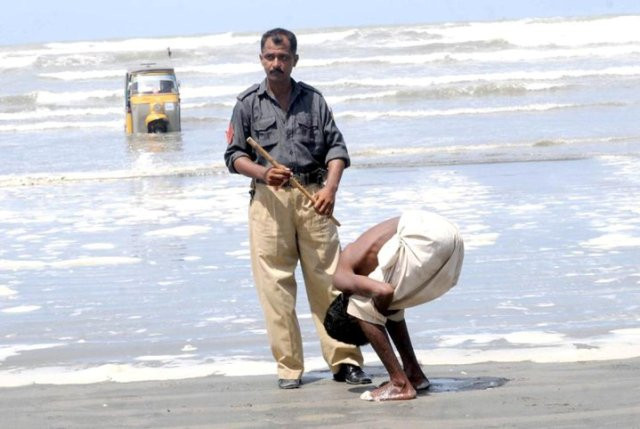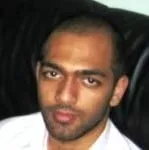In the pre-Musharraf era, crime was a major problem. Mustering the political will to clean up the police force was hard because the political elite found it useful to make alliances with certain police departments.
Two important things have changed since then. Firstly, another threat has emerged, the militant threat, which attacks not only the common man but also the political elite. The army cannot fight this threat alone especially in cities where this job falls to the police.
Secondly, the upper echelons of the judiciary are at their most independent since Pakistan’s history. This means that reformists have tremendous leverage because they already have a foundation to build on. Honest police officials know that if any political pressure is applied to them they can let the word slip to the media and have the higher judiciary protect them. And the fact is, if you want to improve the police force’s competency you have to get rid of all the worms, including those that use political influence.
The United States Institute of Peace (USIP) has recently published a report authored by Hassan Abbas on police reforms in Pakistan. Sadly, police reform does not get much attention in our country, partly because the media usually focuses on real time events as opposed to analysis of structural problems. Some of these problems are:
- The image problem
Regular fitness checks (like those in the army) can help. I don’t want the police to become an army unit but I do want to see visual evidence of physical prowess.
- Lack of coordination
Currently, there are 19 departments working under the federal government. Besides having a very complicated chain of command, there is almost zero coordination between them. In the past, intelligence agencies have tried to make the police release militants they have captured. The Police Service of Pakistan (PSP) which is hired through a separate process and has more flexibility in postings and transfers, breeds resentment because of its elitism.
- Overworked and underpaid
An ordinary police officer works 16-18 hours a day which is bordering on inhumane. Last year, police in Quetta protested for a pay rise. Why does the police force of the largest, most insurgency-driven province in Pakistan feel its needs aren’t taken care of?
- Technological disadvantages
Pakistan has five forensic labs in the whole country but more than 20 nuclear labs (does this represent misplaced priorities?). The USIP report quotes journalist Saleem Safi as saying,
“While there are around 170,000 police officials in Punjab, there are only 82,000 weapons and 5,000 bulletproof vests for the officers.”
There are very few terrorism and counterinsurgency experts in the force. Perhaps the US should help with technology transfer?
What else can be done
What we need is a witness protection program so people feel comfortable stepping forward and testifying when they witness a crime. I find it astounding that the Sipah-e-Sahaba militant Malik Ishaq, whose police charge sheet includes at least 70 murders, has never had a conviction that has stuck.
Secondly, the USIP report recommends removing the 2004 amendments to the Police Order Act 2002. This includes reintroducing oversight of the police by public representatives at various levels and streamlining the mechanism for registering complaints. These reforms were put in the initial law but were taken out to accommodate the PML-Q’s feudalism.
These reforms have nothing to do with idealistic change but are a pure survival strategy. The time for police reform is now. Never again will there be a greater opportunity to make changes to the current system because the police’s inefficiency is a threat to the political and defense establishment of Pakistan.
| Honouring our heroes: The story of the police is not just one of negativity. As the USIP report notes “courageous police officers like Malik Saad and Safwat Ghayur who sacrificed their lives while leading from the front have inspired many young police officers in Pakistan.” Many have lost their lives protecting market places, security installations, processions and people. In fact, Adil Najam’s blog Pakistaniat named a Pakistani policeman ‘person of the year’ in 2009. |



COMMENTS
Comments are moderated and generally will be posted if they are on-topic and not abusive.
For more information, please see our Comments FAQ